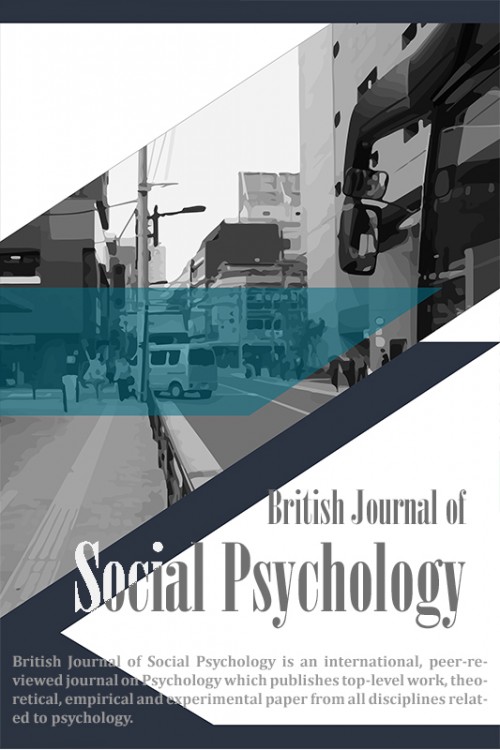
The sociological study of the dysfunctions of supportive policies with emphasis on social exclusion
Abstract
This study aimed to investigate the dysfunctions of supportive policies in women heads of households under the auspices of two support institutions of the Imam Khomeini Relief Committee and the Welfare Organization. In this research, using the concept of social exclusion, the sociological study of the research problem has been studied. The research method is grounded theory and 36 in-depth and semi-structured interviews were conducted with two groups of respondents, including clients and experts. After the triple typology of social exclusion and the corresponding types of dependence, a central phenomenon based on research findings called "passive dependence" has been constructed. The main causes of this phenomenon are known in four categories: "chronic rejection", "dependent socialization of women", "support system" and "stereotyping of female-headed households". The contextual conditions are categorized as "politicization of protections" and "increasing conditions of female-headed households". The terms interventionist are also constructed under the categories of "mismanagement" and "failure of law". The consequences of this phenomenon are also formulated in two categories: "continuous demand" and "employment avoidance". In this study, clients who have experienced chronic and intermediate rejection have a high capacity for passive dependence on support - the main dysfunction of protectionist policies - and it is appropriate to adopt supportive policies for chronic outcasts commensurate with the status of rejection. They should take measures to prevent and control dependence on support and deposition in the support system for these people.